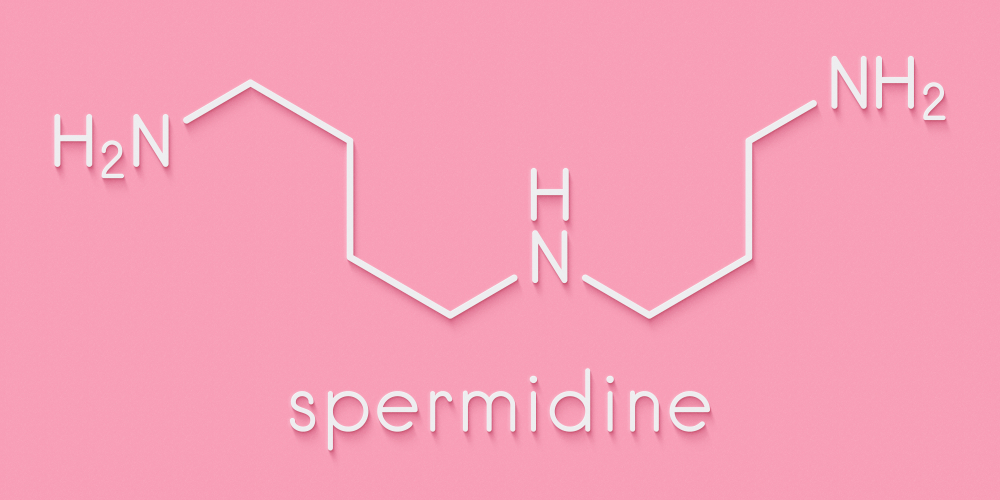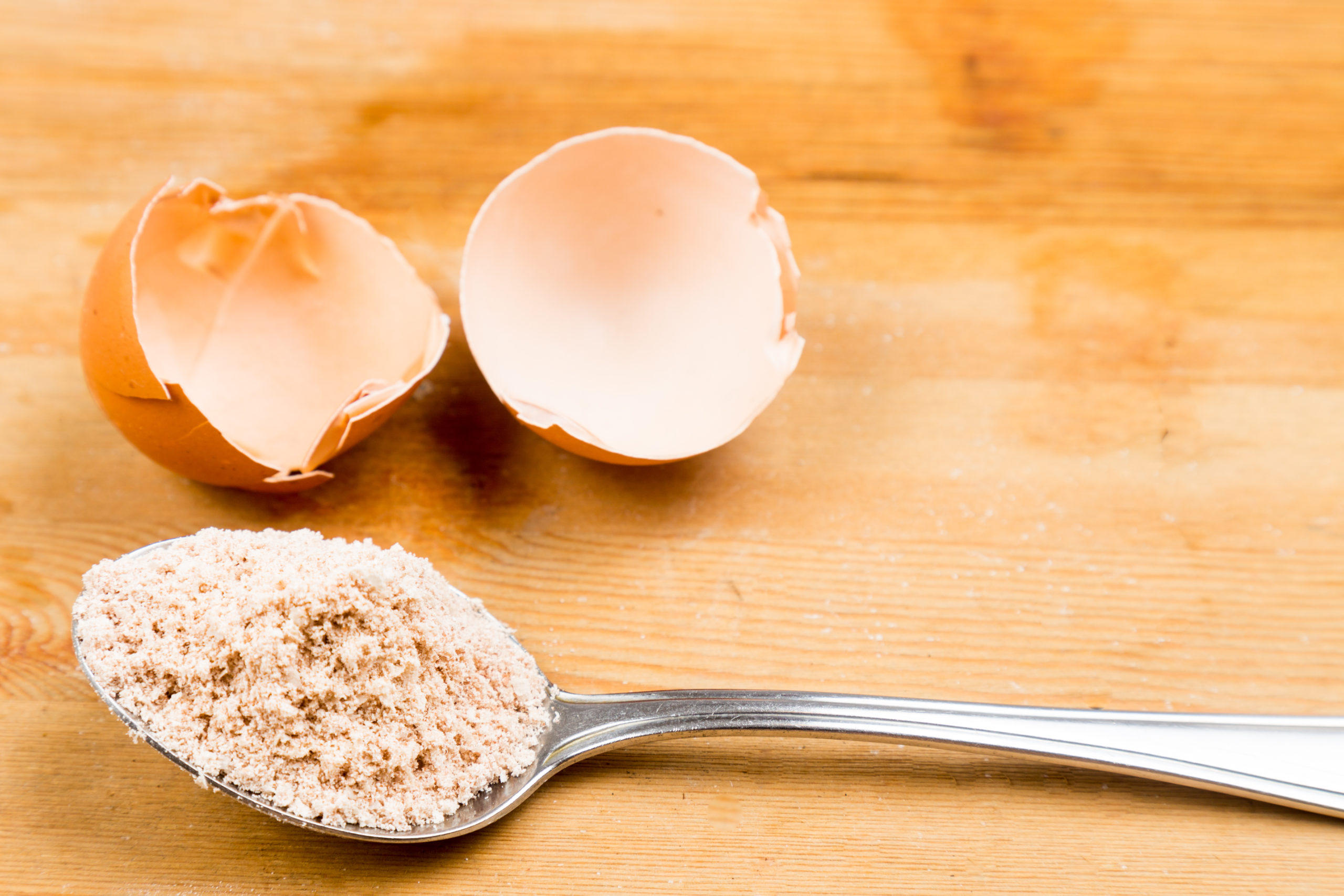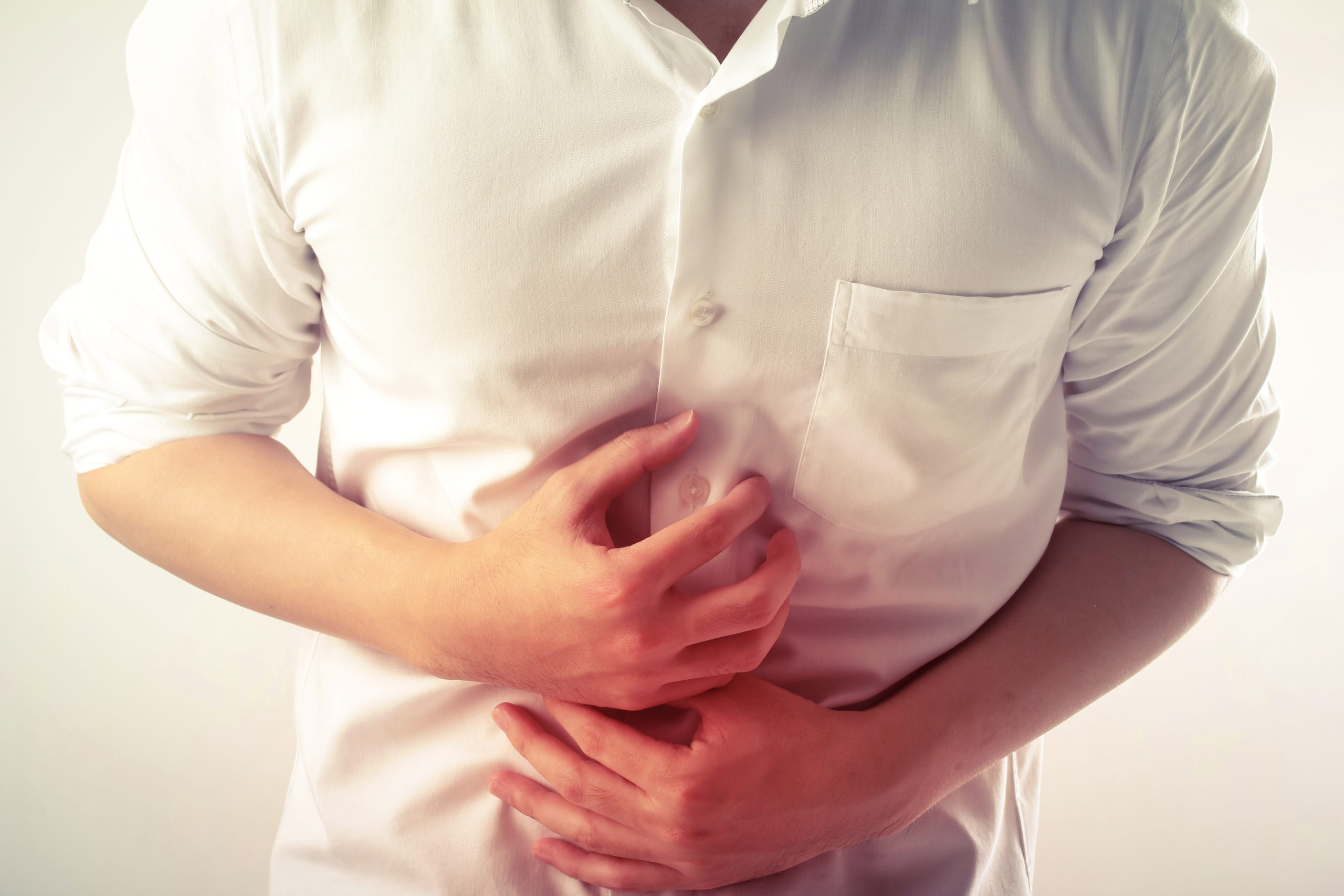
Testosterone may improve women’s sex lives after menopause
August 8th, 201936 trials that have been under analysis have shown that testosterone may be beneficial for postmenopausal women, both for well-being and their sexual functioning. These trials included testosterone treatment over a course of 12 weeks in controlled environments and covered 8,480 candidates.
This analysis was recently published in the Lancet Diabetes & Endocrinology journal as a result of 46 reports of 36 trials.
Testosterone is important for women too
Testosterone is often referred to as ‘the male hormone’ but it is also the primary sex hormone of women. Testosterone is produced by the ovaries and the adrenal glands; the ovaries also produce testosterone for many years after the menopause. Consequently, women who have their ovaries removed are at risk of a testosterone deficiency and the side effects that come with it.
What are the symptoms of low testosterone in women?
- Fatigue
- Disturbed sleep
- Decreased sexual satisfaction
- Low sex drive/ Libido
- Weight gain
- Fertility issues
Researchers looked at a number of health markers to analyse the benefits of testosterone treatment, primarily sexual function but also musculoskeletal health, cardiovascular health and cognition. Mood, breast density and hair growth were also key factors.
Researchers noted that there were consistent benefits to the participants sexual function.
Senior study author Prof. Susan Davis, of Monash University, In Melbourne Australia said, “The beneficial effects for postmenopausal women shown in our study extend beyond simply increasing the number of times a month they have sex. Some women who have regular sexual encounters report dissatisfaction with their sexual function, so increasing their frequency of a positive sexual experience from never or occasionally to once or twice a month can improve self-image and reduce sexual concerns- and may improve overall well-being.”
The researchers concluded that the candidates have experienced no serious side effects. Further investigation is needed in this area and custom formulations may be necessary to ensure women experience the maximum benefit of testosterone treatment.
“Considering the benefits, we found for women’s sex lives and personal well-being, new guidelines and new formulations are urgently needed”
– prof. Susan Davis.
Further Reading
- Safety and efficacy of testosterone for women: a systematic review and meta-analysis of randomised controlled trial data. Published: July 25, 2019. https://www.thelancet.com/journals/landia/article/PIIS2213-8587(19)30189-5/fulltext
- BodyLogicMD. ‘How does testosterone work in females?’
https://www.bodylogicmd.com/hormones-for-women/testosterone - MedicalNewsToday: ‘What happens when a woman has low testosterone?’
https://www.medicalnewstoday.com/articles/322663.php - VigorPRO naturally raises libido levels and combats sexual dysfunction: http://bit.ly/VigorPROInfo








